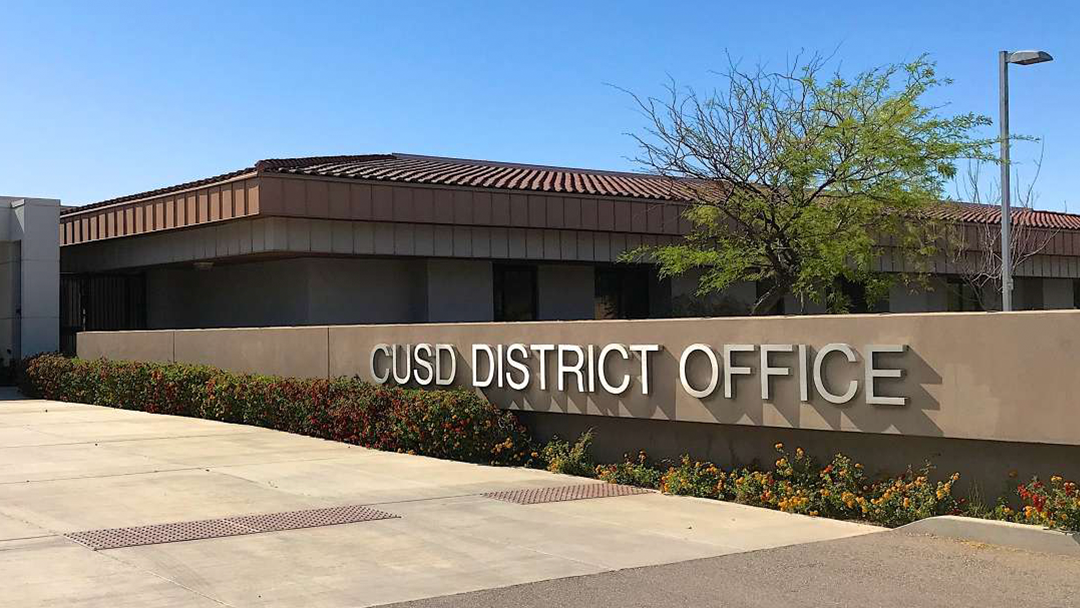The decision by the Chandler Unified School District to transfer Principal Jamie Lander from her role at Riggs Elementary to a position within the special education department has set off a wave of discontent and deep-seated concerns within the community. This move comes amidst a backdrop of legal turmoil and public scrutiny following allegations involving Lander’s stepson and his purported involvement with the “Gilbert Goons,” a group of teenagers implicated in a series of violent incidents and harassment cases across affluent Phoenix suburbs.
The lawsuit at the heart of this controversy paints a troubling narrative of escalating tensions and unresolved issues within the school district. It alleges that Lander’s stepson, along with other members of the “Gilbert Goons,” engaged in a pattern of violent behavior, including physical assaults and intimidation tactics captured on video. These incidents, described as part of a broader “terror campaign,” have left a lasting impact on affected families and raised serious questions about safety protocols and the responsibilities of school administrators.
Central to the lawsuit is the accusation that Lander failed to take appropriate action in addressing her stepson’s behavior, despite being made aware of the threats posed by the “Gilbert Goons” to students and families. This failure to intervene effectively has fueled frustration and anger among parents, who feel that their concerns were not taken seriously and that adequate measures were not implemented to ensure a safe learning environment.
The decision to reassign Lander, framed by district officials as a strategic response to disruptions in the learning environment at Riggs Elementary, has been met with skepticism and criticism from various quarters. While the district emphasizes Lander’s qualifications and the non-punitive nature of the reassignment, many community members question the rationale behind the move and the perceived lack of accountability for the alleged lapses in addressing safety concerns.
One parent, Richard Kuehner, who is actively involved in the lawsuit against Lander and the school district, recounts a distressing ordeal involving his son’s victimization at the hands of Lander’s stepson and the “Gilbert Goons.” Kuehner asserts that despite providing detailed warnings and documentation of the threats posed by the group, no meaningful action was taken by school authorities, leading his family to make the difficult decision to relocate for their safety.
The broader implications of this case extend beyond the immediate legal proceedings, touching on fundamental issues of trust, transparency, and accountability within educational institutions. The community’s outcry for justice and meaningful change underscores the deep-seated concerns about the well-being and security of students, as well as the expectations placed on school leadership to prioritize these concerns above all else.
As the legal process unfolds and public scrutiny intensifies, the case of Jamie Lander and the “Gilbert Goons” serves as a sobering reminder of the complex challenges facing modern educational systems. It highlights the critical need for proactive measures, effective communication, and robust accountability mechanisms to safeguard students and foster a culture of safety and inclusivity within schools. The road ahead remains fraught with uncertainties, but it also presents an opportunity for reflection, dialogue, and collective action to address systemic issues and ensure a brighter, safer future for all students.








